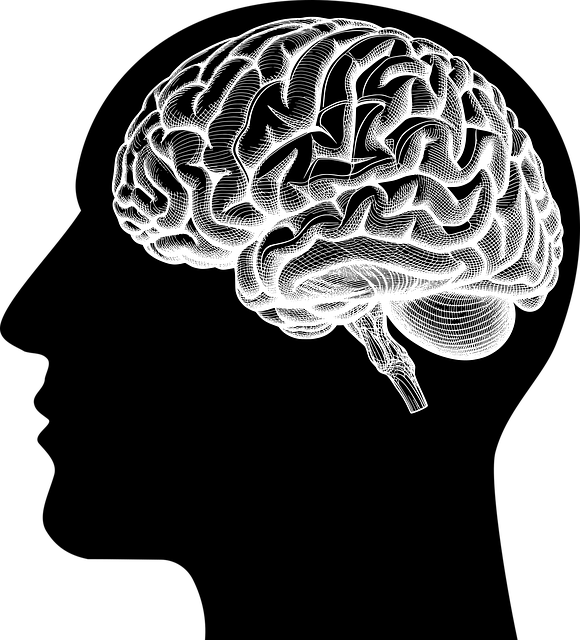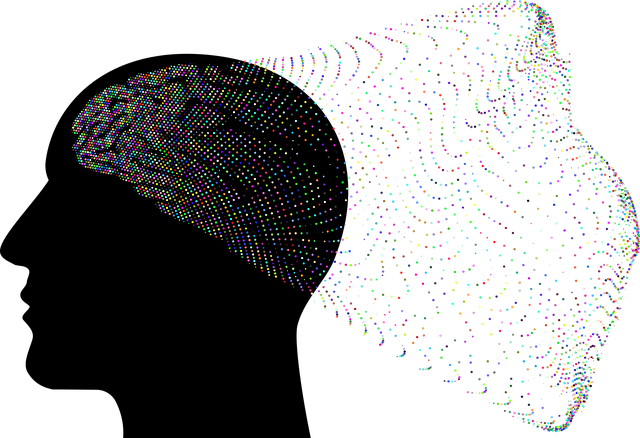Effective harm minimization in Louisville Autism Spectrum Disorder (ASD) therapy hinges on comprehensive risk assessment. Therapists meticulously evaluate hazards, tailoring strategies for sensory sensitivities, emotional triggers, and behavioral outbursts unique to each client. This approach leverages conflict resolution, self-awareness exercises, and anxiety relief techniques to build resilience and mitigate risks. By considering local challenges like urban living, access to trauma support, and depression prevention, therapy practices create safe, supportive environments promoting positive outcomes for clients in Louisville ASD therapy. Regular stress management workshops, structured environments, and professional development empower staff to proactively address potential hazards, fostering a culture of well-being and resilience.
Louisville Autism Spectrum Disorder (ASD) therapy requires rigorous risk assessment and harm minimization planning. This comprehensive guide explores the essential components of effective risk management, tailored specifically to the unique challenges faced by therapists in Louisville’s ASD community. From understanding foundational risk assessment principles to developing robust harm minimization plans, this article equips professionals with strategies for creating safer, more inclusive therapy environments. Key topics include identifying risks, implementing safety strategies, and fostering continuous improvement in light of emerging challenges.
- Understanding Risk Assessment: A Foundation for Harm Minimization
- Identifying Risks Specific to Louisville Autism Spectrum Disorder Therapy
- Developing a Comprehensive Harm Minimization Plan
- Implementing and Monitoring Safety Strategies
- Continuous Improvement: Adapting to New Challenges in Therapy Settings
Understanding Risk Assessment: A Foundation for Harm Minimization

Understanding Risk assessment forms the bedrock upon which harm minimization planning in Louisville Autism Spectrum Disorder Therapy (ASD) thrives. It involves a meticulous evaluation of potential hazards and their likelihood, enabling therapists to anticipate and proactively address challenges that may arise during therapy sessions. By assessing risks such as emotional triggers, sensory sensitivities, or behavioral outbursts, therapists can tailor interventions specifically for each client’s unique needs.
This proactive approach leverages Conflict Resolution Techniques and Self-Awareness Exercises not only to mitigate potential harms but also to foster clients’ coping mechanisms and resilience. For instance, incorporating anxiety relief strategies into the therapy process helps clients manage stress, thereby reducing the risk of overwhelming situations that could hinder progress. Ultimately, a comprehensive risk assessment acts as a guiding beacon for creating a safe and supportive environment conducive to positive outcomes in ASD therapy.
Identifying Risks Specific to Louisville Autism Spectrum Disorder Therapy

When it comes to identifying risks specific to Louisville Autism Spectrum Disorder Therapy, a nuanced understanding of the community’s unique challenges is crucial. Louisville, like many urban centers, faces particular issues that can impact individuals on the autism spectrum and those supporting them. For instance, the city’s fast-paced lifestyle and bustling environment might exacerbate sensory sensitivities, making it vital for therapists to incorporate tailored strategies for managing these triggers during therapy sessions.
Furthermore, access to Trauma Support Services is a significant consideration in Louisville Autism Spectrum Disorder Therapy. Many individuals on the spectrum may have experienced sensory or emotional trauma, requiring therapists to be adept at integrating depression prevention techniques and fostering healthy self-care routine development for better mental health. Understanding these local dynamics ensures that therapy practices are not only effective but also sensitive to the specific needs of the Louisville community.
Developing a Comprehensive Harm Minimization Plan

Developing a comprehensive harm minimization plan is a vital step for any organization dealing with sensitive matters, especially those like Louisville Autism Spectrum Disorder Therapy centers where the well-being of clients is paramount. This strategy involves a multi-faceted approach to anticipate and mitigate potential risks. It begins by thoroughly assessing the environment, procedures, and client populations to identify areas susceptible to harm or stress.
For instance, a therapy center might organize regular Stress Management Workshops to empower both clients and staff with emotional intelligence and inner strength development techniques. By integrating these educational sessions into their harm minimization plan, the center proactively equips individuals with tools to manage challenging situations, fostering a safer and more supportive atmosphere.
Implementing and Monitoring Safety Strategies

Implementing safety strategies is a crucial step in risk assessment and harm minimization planning, especially when catering to individuals with Louisville Autism Spectrum Disorder Therapy needs. These strategies should be tailored to address specific risks and challenges associated with mental health conditions, ensuring a comprehensive approach. For instance, creating structured environments and implementing visual aids can significantly reduce anxiety and improve safety for clients with autism spectrum disorders.
Regular monitoring of these safety measures is essential to their effectiveness. Mental Health Awareness workshops and Stress Management Courses offered by the organization play a pivotal role in equipping professionals with the skills to recognize potential hazards and implement appropriate interventions promptly. Moreover, Risk Management Planning specifically tailored for mental health professionals enables them to anticipate crises, ensure client safety, and foster an environment of resilience and well-being.
Continuous Improvement: Adapting to New Challenges in Therapy Settings

In the dynamic landscape of healthcare, Louisville Autism Spectrum Disorder (ASD) therapy settings are increasingly recognizing the value of continuous improvement in their practices. This adaptive approach involves regularly reviewing and updating treatment strategies to address emerging challenges and best serve individuals with ASD. By fostering a culture of continuous learning, therapists can better navigate the unique needs of each client, ensuring personalized care that evolves alongside scientific advancements and new therapeutic modalities.
This commitment to adaptation extends beyond traditional therapy methods, incorporating innovative techniques such as self-esteem improvement strategies, crisis intervention guidance, and conflict resolution training. Such initiatives empower both clients and therapists, fostering more effective communication, enhanced coping mechanisms, and improved overall well-being in various therapeutic settings. This proactive approach not only minimizes potential harms but also optimizes the benefits of therapy for individuals navigating the complexities of ASD in Louisville.
Louisville Autism Spectrum Disorder (ASD) therapy benefits greatly from a structured risk assessment and harm minimization approach. By understanding the foundational principles of risk assessment, identifying unique challenges within the local therapeutic landscape, and implementing comprehensive strategies, therapists can create safer environments. Regular monitoring and continuous improvement ensure these plans remain effective as the field of ASD treatment evolves. This proactive approach not only minimizes potential harms but also enhances the overall quality of care provided to Louisville’s ASD community.














